Developing executive functions is an important part of helping your child grow into a confident, capable learner. Through daily play and family activities, children can strengthen skills like memory, focus, and problem-solving. Let’s find out with 4Life Education how you can support these abilities right at home.
Understanding executive functions
Executive functions are higher-level brain processes that help children plan, organize, remember, and complete tasks. Even though young children may not realize it, they start using these skills as early as infancy. Simple games like peekaboo or hiding a toy under a blanket encourage working memory and self-control, as your baby remembers where the toy is and waits with excitement for it to appear again.
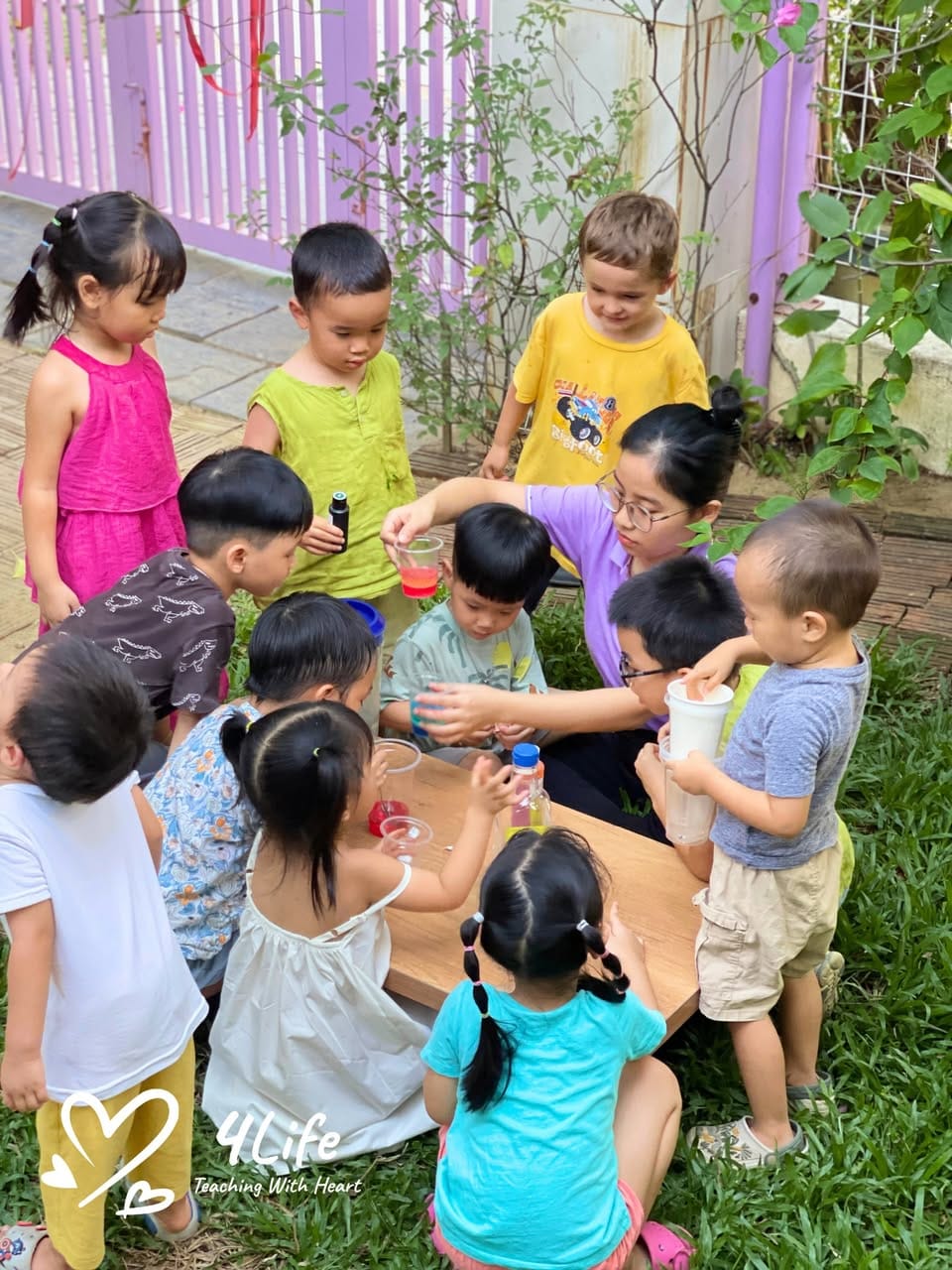
Understanding executive functions
Early foundations in infancy
By the time a baby reaches seven months, the first steps of executive function are already visible. Games with predictable patterns, such as clapping songs or “Pop Goes the Weasel,” allow children to practice impulse control and memory. These joyful moments are more than entertainment—they are brain exercises that lay the groundwork for learning.
Strengthening skills in preschool years
As toddlers become preschoolers, their executive functions grow rapidly. Activities such as puzzles, matching games, and memory games are excellent ways to build visual working memory. Children also learn flexibility and attention when they join in games like “Follow the Leader” or “Simon Says.” Pretend play encourages planning and cooperation as children decide who will play different roles before the game begins.
Cooking together is another simple but powerful tool. Measuring flour, following steps, and waiting patiently for food to bake all challenge children to practice focus, memory, and patience—essential executive function skills.
Using games to boost growth
From age four or five, board games become particularly valuable. Children learn to wait their turn, follow rules, and even use simple strategies as they play. Puzzle books, “I-spy,” and “20 questions” help sharpen problem-solving and reasoning abilities, keeping their minds active while having fun.
These games not only bring families closer but also give children a safe space to practice skills that will support them in school and daily life.
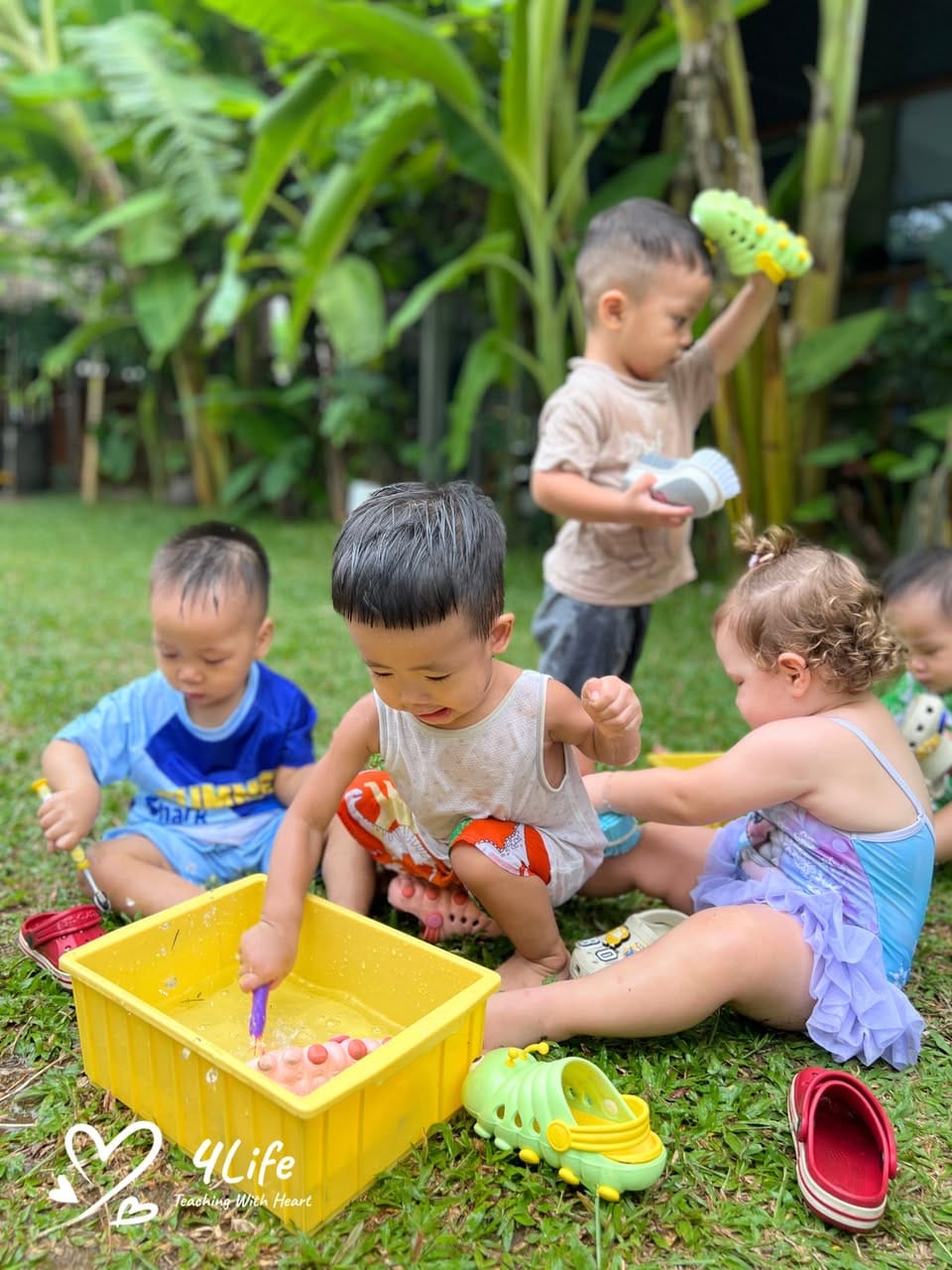
Using games to boost growth
Encouraging problem-solving at home
Problem-solving is at the heart of developing executive functions. By guiding your child through challenges, you give them the tools to plan and find solutions. Encourage them to identify a problem, think about possible causes, use what they know, and test their ideas.
Here are some practical activities:
– Before a trip, let your child pack a small bag with essentials like pajamas or a favorite toy.
– During family discussions, ask for their opinion on small household dilemmas.
– In creative play, invite them to organize props and assign roles for a puppet show.
– Turn daily challenges into opportunities: “Our baby doesn’t like sitting in the cart. What can we do to make it fun?”
Through these experiences, children learn to analyze, plan, and reflect—essential steps for lifelong problem-solving.
Building attention and self-control
Attention and impulse control grow with practice. Encourage your child to focus on tasks for short periods, gradually increasing as they succeed. Games that require waiting or taking turns, such as musical chairs, are wonderful ways to practice patience.
Parents can also model self-control by staying calm during stressful moments. When children observe adults managing emotions and following through on plans, they are more likely to mirror these behaviors.
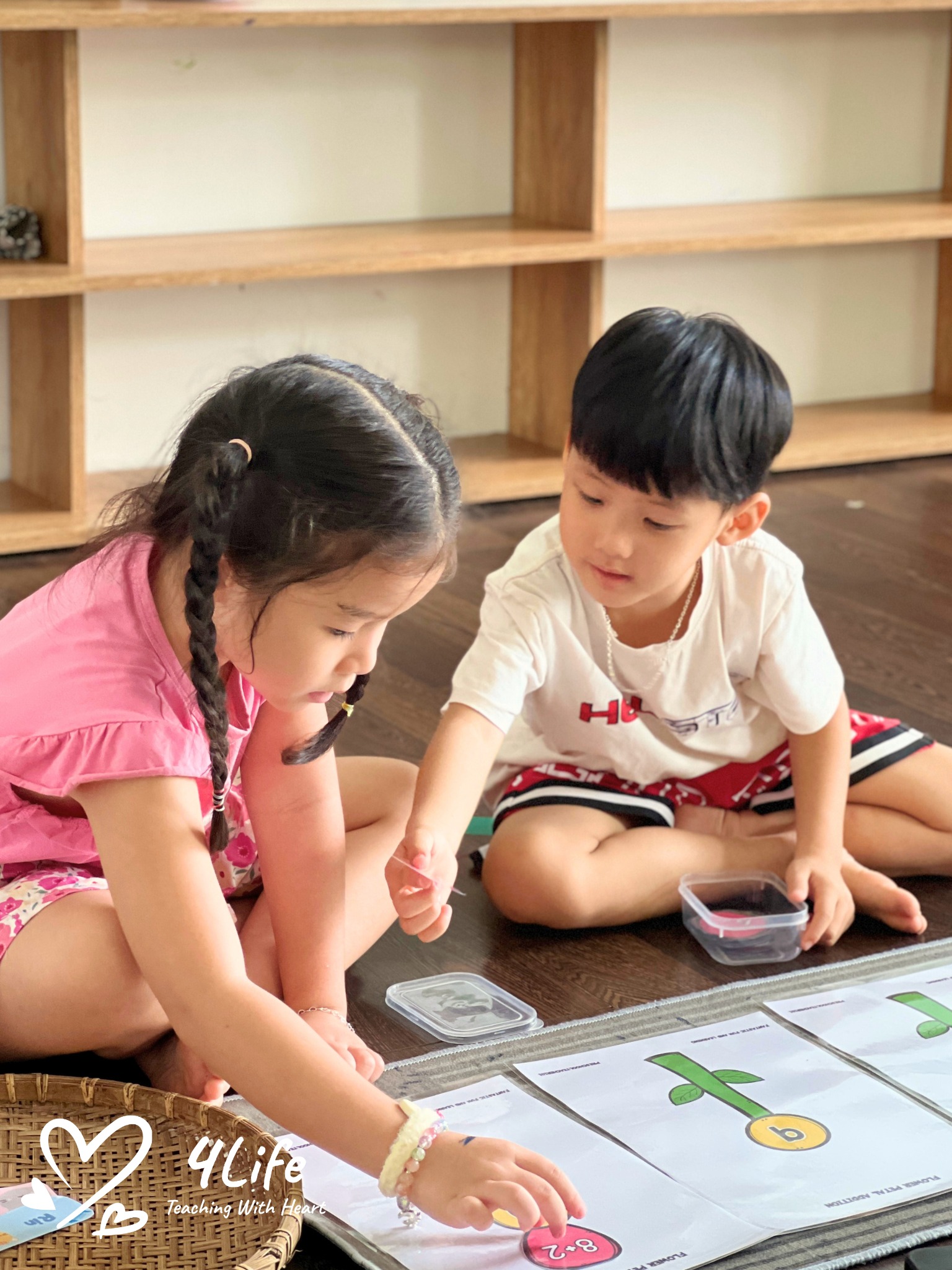
Building attention and self-control
Linking play with learning
Everyday play is a natural pathway to developing executive functions. Whether your child is building with blocks, organizing a pretend tea party, or exploring nature, these moments are opportunities to build planning, flexibility, and memory. The goal is not perfection but steady growth, supported by encouragement and joy.
Developing executive functions is a journey that begins in infancy and continues throughout childhood. By offering playful experiences, daily challenges, and family support, you can help your child strengthen focus, memory, and problem-solving. With patience and care, your child will build the foundation for learning and success, and developing executive functions will become a joyful part of growing up.

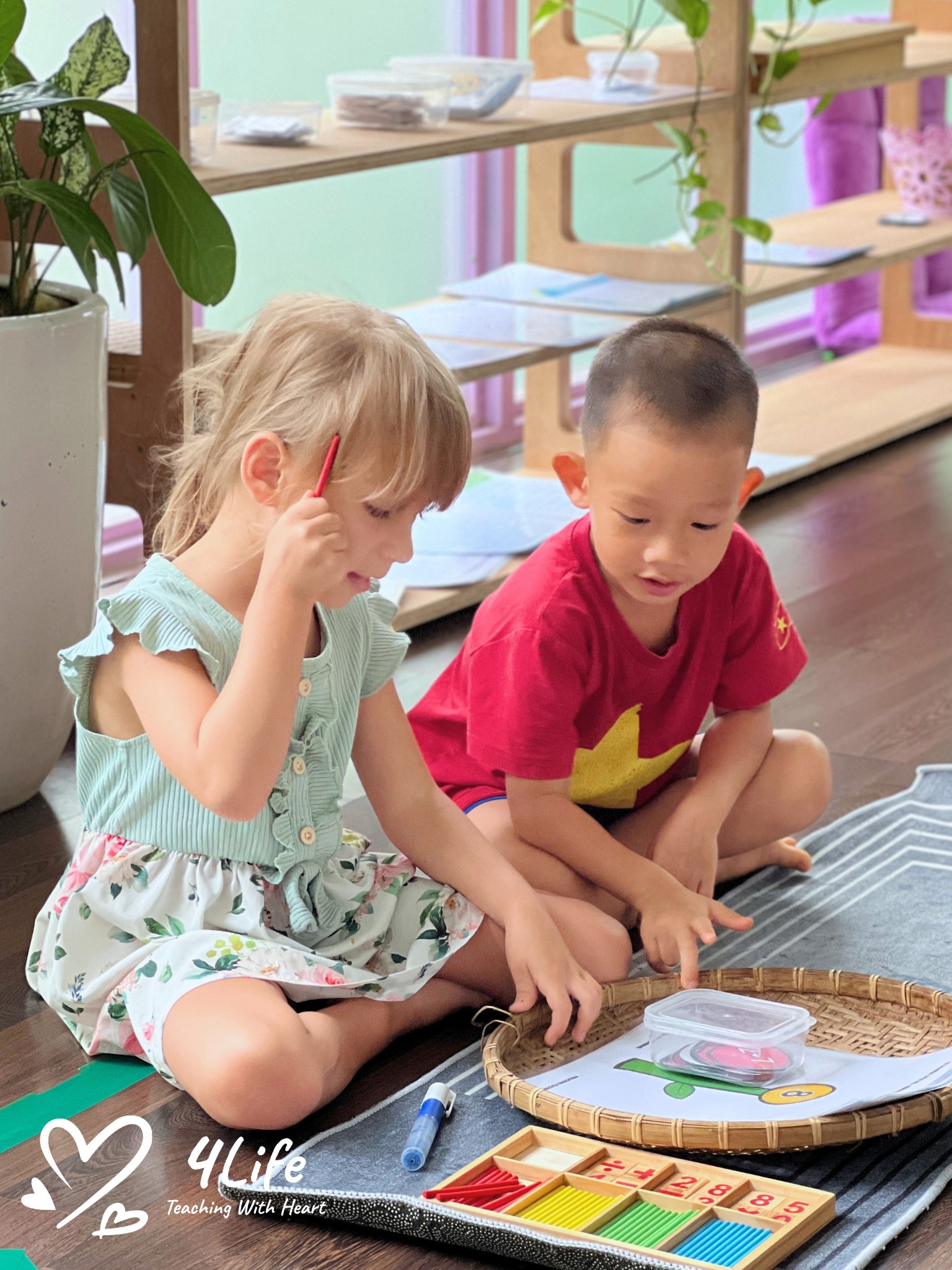
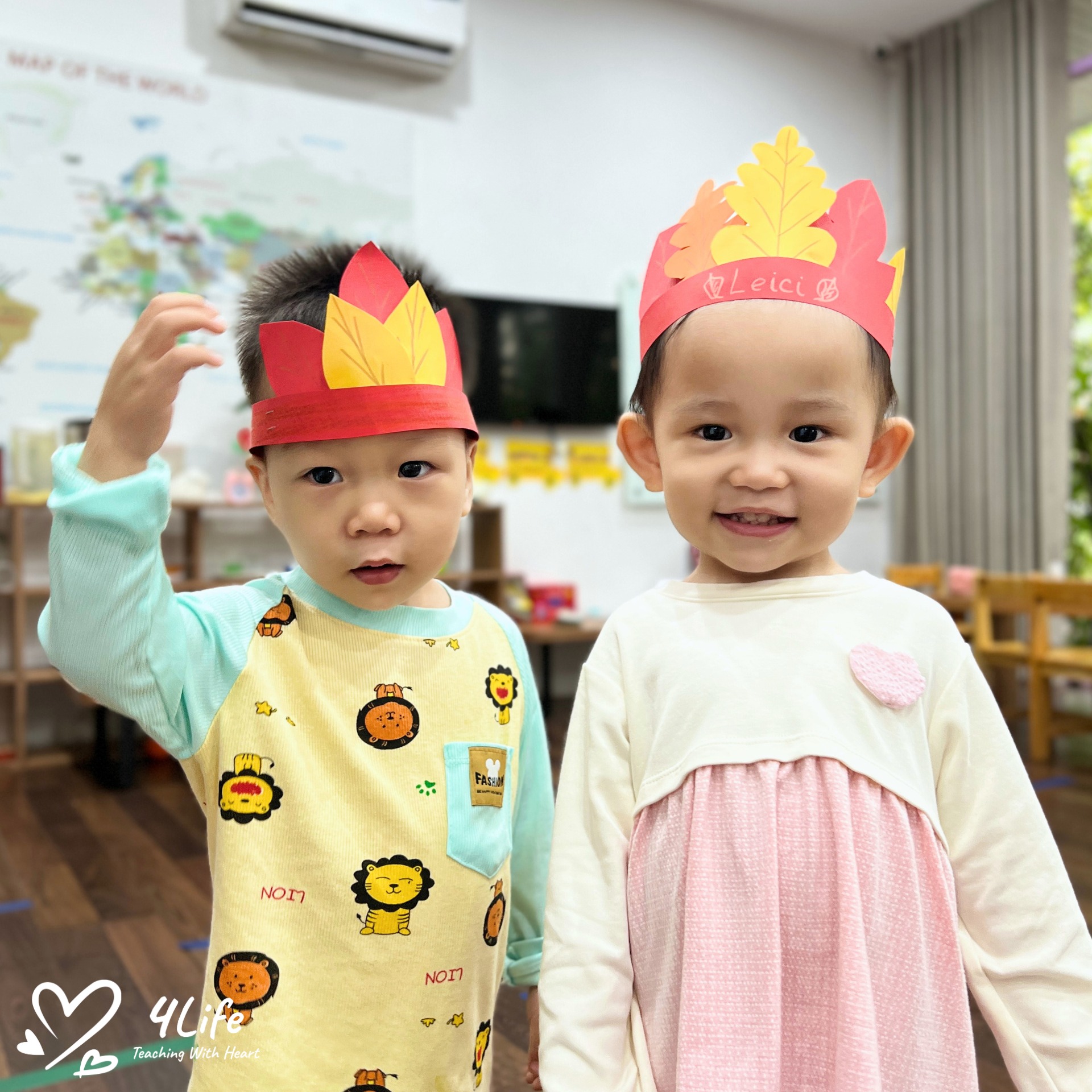
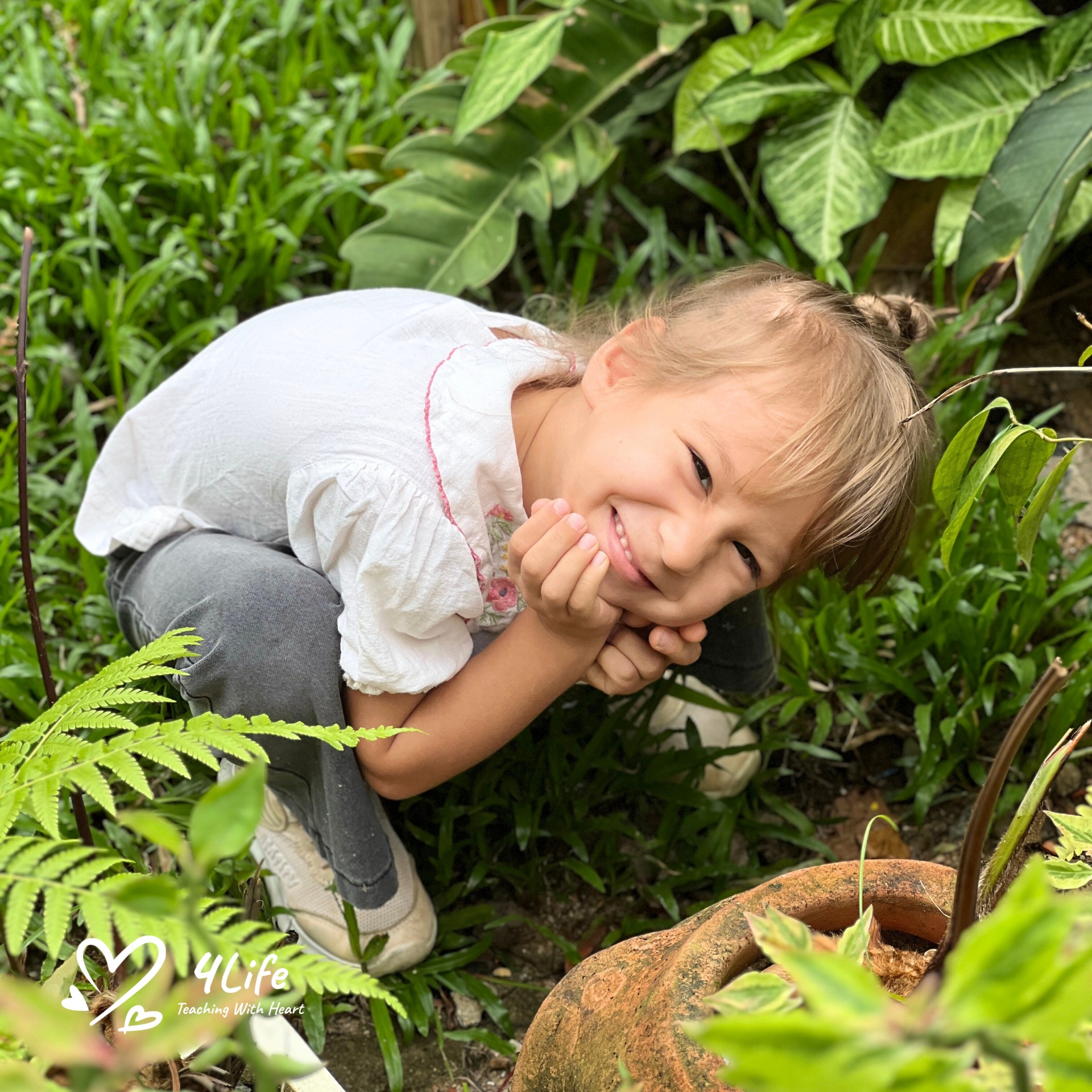
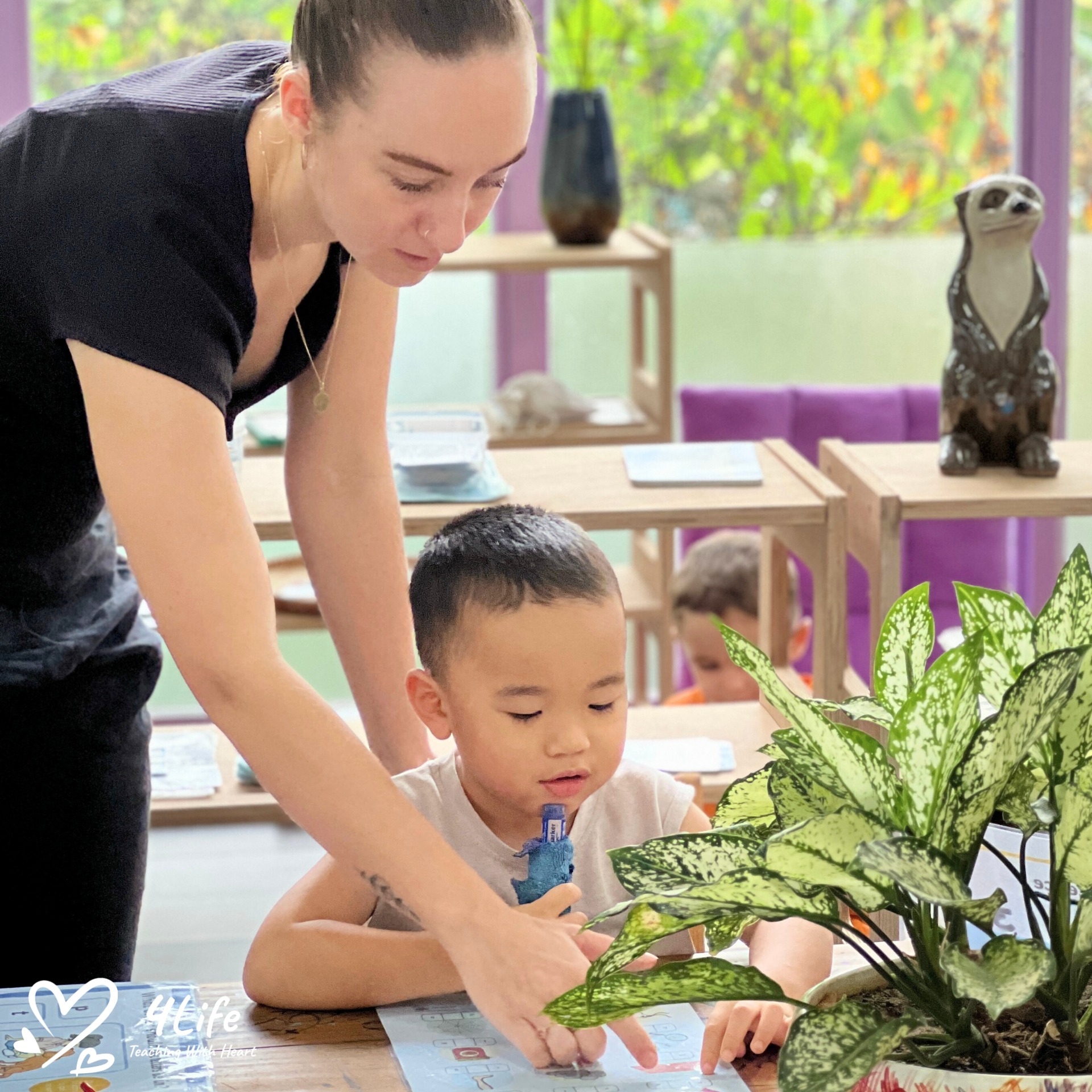


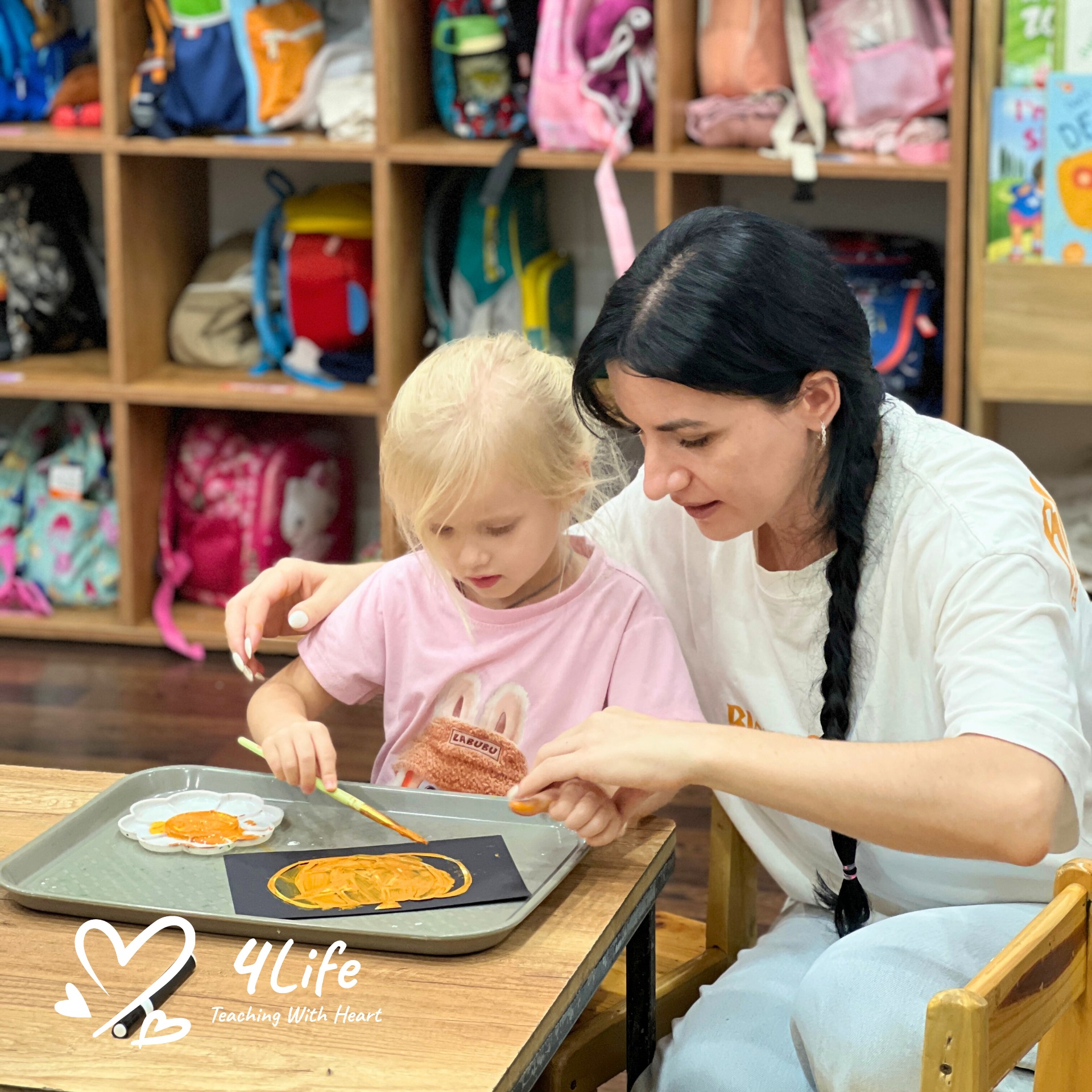
0 Comments